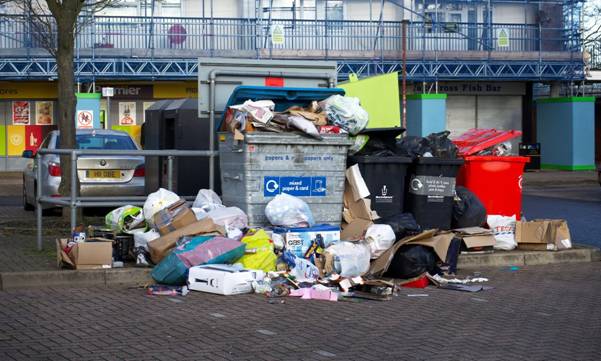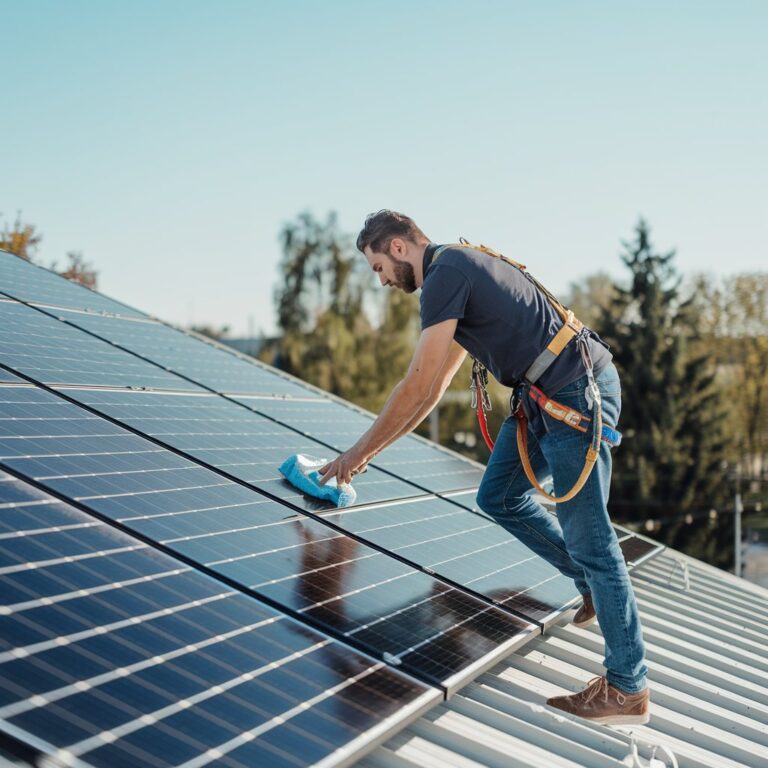We’re more aware than ever of climate change, plastic pollution, and the fragility of our planet. But for many households, waste is still an afterthought—something we toss out at the end of the day, drag to the kerb once a week, and assume gets handled somewhere else. Out of sight, out of mind.
Yet what we discard—and how we do it—has a profound effect on the environment. From overflowing landfills to toxic emissions and resource depletion, household waste plays a larger role in environmental damage than most people realise. The good news? With a few mindful changes, we can dramatically reduce our waste footprint.
Where Household Waste Actually Goes
Let’s start with the basics: what happens after we throw something out?
If you live in a city or suburb with regular garbage collection, your rubbish is likely taken to a sorting facility, then to landfill or recycling plants. But not everything makes it to the right place. Contaminated recyclables often end up in landfill. E-waste and batteries, if thrown in general waste, can leak chemicals into soil and water. Organic waste, if not composted, produces methane—a potent greenhouse gas.
In Australia alone, we generate over 76 million tonnes of waste per year. Of that, nearly 21 million tonnes go to landfill. A large chunk of this comes from households—furniture, packaging, food scraps, broken appliances, and construction materials from home improvement projects.
The Long-Term Damage of Landfill Waste
Landfills aren’t just unsightly pits of rubbish. They’re active contributors to environmental degradation. When rubbish decomposes anaerobically (without oxygen), it produces methane—25 times more powerful than CO2 over a 100-year period.
Plastic, which takes hundreds of years to degrade, accumulates in landfills and waterways, where it breaks down into microplastics that enter our food chain. Electronics leach heavy metals into soil. Even treated wood and certain building materials can release toxins over time.
More landfill means more cleared land, more emissions from transport and machinery, and more pressure on ecosystems already stretched thin.
What Most Households Don’t Realise
It’s easy to assume that what we throw out isn’t “that bad,” or that the council will handle it. But small, everyday habits add up—and so does misinformed disposal.
- Throwing soft plastics in the recycling bin contaminates entire loads
- Tossing e-waste in the bin introduces toxic substances into landfill
- Leaving old furniture on the street might seem harmless but often ends up as unmanaged waste
The biggest problem? Lack of access to simple, reliable, and ethical disposal services. Many households want to do the right thing but don’t know how—or don’t have the means to make it happen.
How Responsible Waste Removal Makes a Difference
That’s where sustainable rubbish removal services come in. Unlike traditional “dump and go” waste collection, these services take a more hands-on, thoughtful approach—sorting materials, donating reusable items, and recycling wherever possible.
A great example is Rubbish Rocket, an Australian-based waste removal company focused on eco-friendly practices. Instead of just taking your junk to the tip, they:
- Break down bulky items to maximise space and reduce landfill load
- Sort green waste, timber, metal, and concrete for proper recycling
- Donate furniture and usable goods to charity where possible
- Minimise fuel usage by optimising routes and offering local teams
This kind of service doesn’t just make your life easier—it ensures that waste is diverted from landfill and handled in the most responsible way.
What You Can Do at Home to Help
While professional removal services are vital for larger cleanouts, what you do day-to-day is just as important. Here are five ways to reduce the environmental impact of your household waste:
1. Rethink Before You Buy
Avoid overconsumption by asking yourself: do I need this? Will it last? Can I repair or borrow instead? Buying less is the most powerful way to reduce waste.
2. Compost Organic Waste
Food scraps and garden trimmings make up a massive portion of household waste. A compost bin or worm farm can reduce your landfill output and nourish your garden at the same time.
3. Separate Waste Correctly
Understand your council’s recycling guidelines. Rinse containers, separate soft plastics (if accepted), and don’t toss batteries or e-waste in the bin.
4. Donate and Rehome
Before dumping furniture or appliances, ask if someone else can use it. Community groups, charity shops, and online marketplaces are great options for passing things along.
5. Call in the Pros When It’s Too Much
Sometimes you’re dealing with bulk waste after a move, renovation, or spring clean. In these cases, a responsible removal service ensures nothing ends up in landfill unnecessarily—and saves you the back strain.
Making Sustainability a Household Habit
The real power of waste reduction lies in habits. When recycling, composting, and thoughtful disposal become routine, they stop feeling like a chore. They become part of how we live.
Talk to your kids about waste. Share what you’re doing with neighbours. Support businesses and services that make sustainability easier. It’s not about being perfect—it’s about being better than yesterday.
Final Thought: Every Bit Counts
We all play a part in the waste story—whether we realise it or not. But we also all have the power to change it. The next time you’re thinking about tossing something, take a moment. Could it be reused? Could it be recycled? Could someone else benefit from it?
And if you’re clearing out a garage full of old furniture, renovating your home, or just tired of the clutter, consider calling in a team that actually cares what happens to your waste. With small changes at home and better systems in place, we can all contribute to a cleaner, healthier planet.
Because when we handle waste the right way, it’s not just rubbish—it’s a resource.





